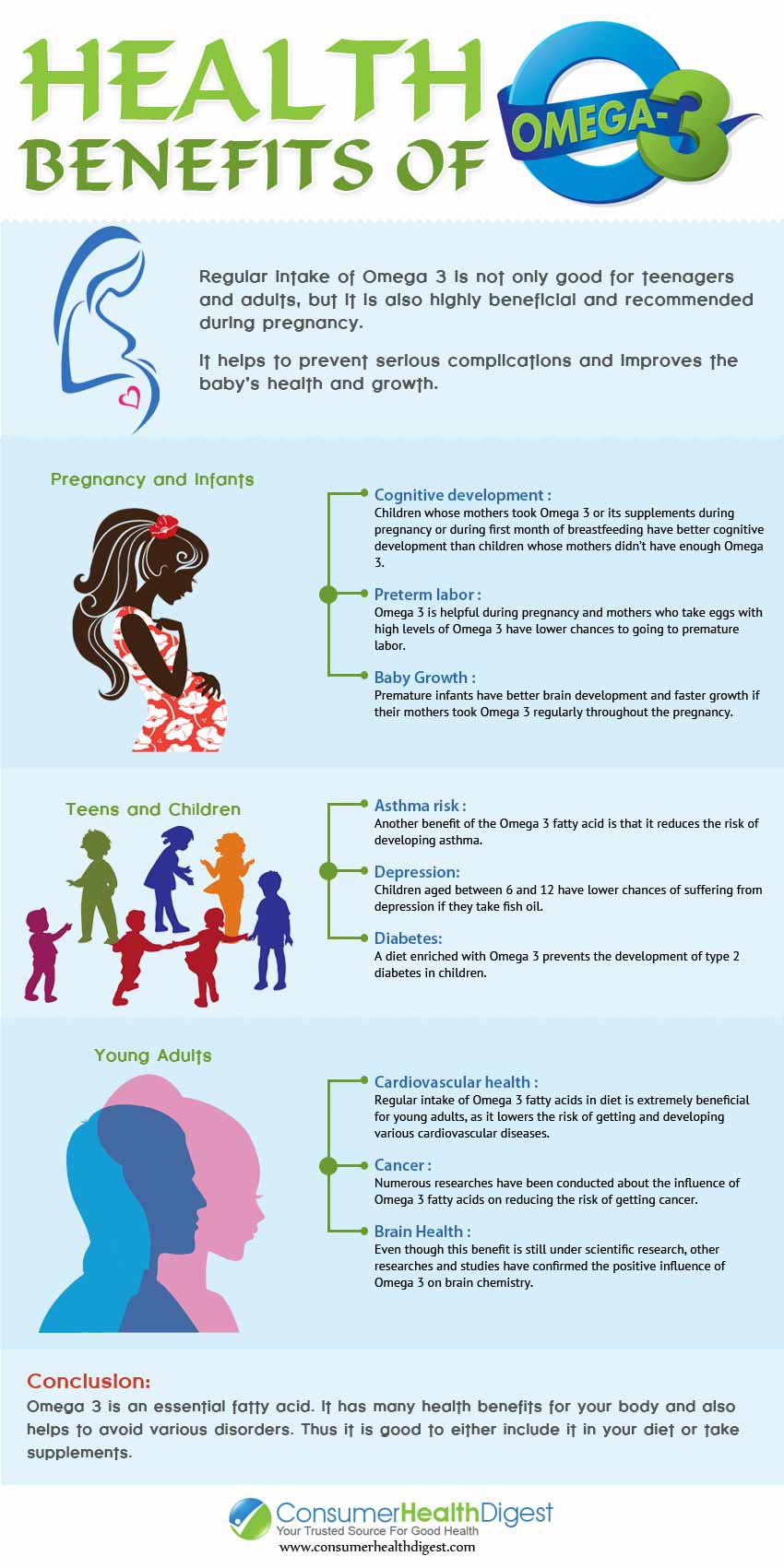
The Canadian Food Inspection Agency has recognized the importance of DHA omega−3 and permits the following claim for DHA: "DHA, an omega−3 fatty acid, supports the normal physical development of the brain, eyes, and nerves primarily in children under two years of age." This updated and modified their health risk advice letter of 2001 (see below). Food and Drug Administration gave "qualified health claim" status to EPA and DHA omega−3 fatty acids, stating, "supportive but not conclusive research shows that consumption of EPA and DHA fatty acids may reduce the risk of coronary heart disease".


Subsequently, awareness of the health benefits of essential fatty acids has dramatically increased since the 1980s. Since then, researchers have shown a growing interest in unsaturated essential fatty acids as they form the framework for the organism's cell membranes. The Burrs coined the phrase "essential fatty acids". If fatty acids were absent from the diet, a life-threatening deficiency syndrome ensued. In 1929, George and Mildred Burr discovered that fatty acids were critical to health. Furthermore, fish oil supplement studies have failed to support claims of preventing heart attacks or strokes or any vascular disease outcomes.

There is no high-quality evidence that dietary supplementation with omega−3 fatty acids reduces the risk of cancer or cardiovascular disease. In foods exposed to air, unsaturated fatty acids are vulnerable to oxidation and rancidity. The ability to make the longer-chain omega−3 fatty acids from ALA may be impaired in aging. Namely, ALA (18 carbons and 3 double bonds) is used to make EPA (20 carbons and 5 double bonds), which is then used to make DHA (22 carbons and 6 double bonds). However, they can use ALA, when available, to form EPA and DHA, by creating additional double bonds along its carbon chain ( desaturation) and extending it ( elongation). Mammals are unable to synthesize the essential omega−3 fatty acid ALA and can only obtain it through diet. Common sources of plant oils containing ALA include walnuts, edible seeds, and flaxseeds as well as hempseed oil, while sources of EPA and DHA include fish and fish oils, and algae oil. DHA and EPA accumulate in fish that eat these algae. Marine algae and phytoplankton are primary sources of omega−3 fatty acids. ALA can be found in plants, while DHA and EPA are found in algae and fish. The three types of omega−3 fatty acids involved in human physiology are α-linolenic acid (ALA), eicosapentaenoic acid (EPA) and docosahexaenoic acid (DHA). They are widely distributed in nature, being important constituents of animal lipid metabolism, and they play an important role in the human diet and in human physiology. 22, 2020.Omega−3 fatty acids, also called Omega−3 oils, ω−3 fatty acids or n−3 fatty acids, are polyunsaturated fatty acids (PUFAs) characterized by the presence of a double bond, three atoms away from the terminal methyl group in their chemical structure.

While relief is often modest, it might be enough to reduce the need for anti-inflammatory medications. Studies suggest fish oil supplements might help reduce pain, improve morning stiffness and relieve joint tenderness in people with rheumatoid arthritis. There also appears to be a slight improvement in high-density lipoprotein (HDL, or "good") cholesterol, although an increase in levels of low-density lipoprotein (LDL, or "bad") cholesterol also was observed. There's strong evidence that omega-3 fatty acids can significantly reduce blood triglyceride levels. There's some evidence that the beneficial effects of fish oil might be greater for people with moderate to severe high blood pressure than for those with mild blood pressure elevation. Multiple studies report modest reductions in blood pressure in people who take fish oil supplements. While research shows that people who eat dietary sources of fish oil at least twice a week have a lower risk of dying of heart disease, taking fish oil supplements seems to have little to no benefits to heart health. Research on the use of fish oil for specific conditions shows:


 0 kommentar(er)
0 kommentar(er)
